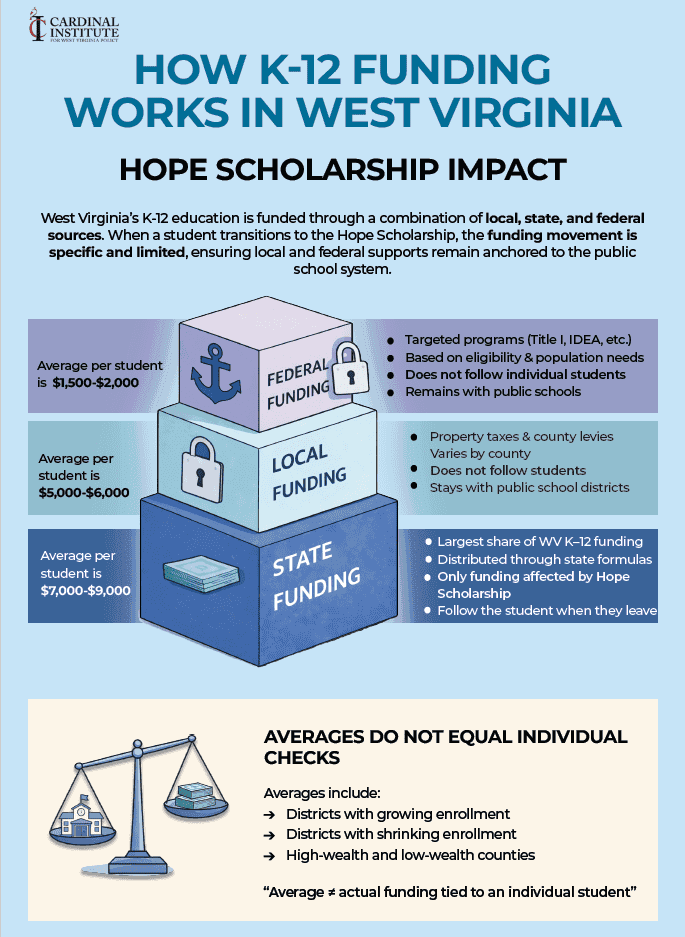
Bitcoin: A Free-Market Monetary Solution
Cardinal Team
Are There Free-Market Solutions to Monetary Policy?
Have you ever wondered what a monetary system that inherently embraces the free market might look like? Perhaps there is a new phenomenon in the market that can answer the questions about what happens when one has complete and total control of their money. Imagine a technology that acts not as a trustee of your money but rather as an intangible vehicle to personal responsibility. This technology allows those wishing to take their hard-earned money out of the hands of “middle-men” to safeguard it from unnecessary fees and inflation. Enter: Bitcoin.
What is Bitcoin?
In 2008, Satoshi Nakamoto, a person or group, attempted to answer that question by publishing “Bitcoin: A Peer-to-Peer Electronic Cash System.” The paper alleged that a peer-to-peer version of electronic cash may eliminate the need for third-party financial institutions. They cited the plethora of financial betrayals undertaken by so-called “trustees.” In the wake of the housing crisis and subsequent financial fallout, Satoshi Nakamoto’s white paper was timely. It called attention to the simple fact that transactions were beginning to take place in a virtual setting rather than the traditional physical means of exchange.
In a very generalized sense, a “Bitcoin” can be viewed as the direct result of energy. Bitcoin miners use high-powered computers to solve incredibly complex algorithms. Upon success, the code is uploaded to its most central technology — “the blockchain”. The blockchain is a series of “blocks” that, when combined, act as a permanent, unalterable, public ledger. Blocks are a set of transactions that have been verified by the Bitcoin network within a certain timeframe.
Benefits of Bitcoin
Milton Friedman once attested that the internet would have much to do with reducing the role of government. While accusations of censorship against social media companies have seemingly clouded that vision, Bitcoin, on the other hand, presents a unique opportunity for decentralization and fiscal responsibility. Bitcoin is not controlled by any government, any one business, or any one person. Instead, it is a decentralized currency providing owners complete autonomy over their money.
Picture this: A citizen of an oppressive nation speaks out against his government. Before long, the government issues a warrant – likely signaling his demise. However, through the purchase of Bitcoin with his life savings, the man would be able to place all of his bitcoin in a “cold storage” wallet (a wallet not connected to the internet). This would allow him to flee an oppressive regime with every dollar he ever earned, untouched.
Downsides to Blockchain Technology
Owners of Bitcoin enjoy the privilege of complete ownership. Traditionally, those engaging in online transactions were required to have a bank account in order to buy or sell. Similarly, Bitcoin provides electronic peer-to-peer transactions. However, it completely removes the middle-man. For instance, there is no one to call if you forget your Bitcoin encryption passcodes, there is no one that can recover your Bitcoin if you make an errant purchase, and there is no one who can charge you fees. With Bitcoin, there is only personal responsibility.
A horrifying example of just how much personal responsibility Bitcoin requires can be found in the unfortunate case of computer programmer, Stefen Thomas. Mr. Thomas lost his Bitcoin password which unlocked his cold storage wallet — it contains approximately $300 million dollars’ worth of Bitcoin. In 2013, James Howells, a Welsh IT engineer, errantly threw away his hard drive containing 7,500 bitcoins — roughly $280 million. Mr. Howells begged his town counsel to allow him to dig through the landfill with hopes of recovering it. He even offered them a 25% stake. Both Mr. Thomas and Mr. Howells enjoyed the freedom of personal responsibility, but both may be kicking themselves, just a little bit, today.
Bitcoin Respects Supply & Demand
In America, the United States “Dollar” is not a finite resource. Instead, the Federal Reserve – no longer backed by the gold standard — issues directives to print and issue currency into the market. In recent years, this financial mechanic has resulted in abnormal inflation. Conversely, Satoshi Nakamoto created Bitcoin and respected free-market ideals by establishing that Bitcoin would be a finite resource.
Using traditional economic principles of supply and demand, Bitcoin acts as a virtual “gold rush” as proponents of the cryptocurrency flock to “mine” or buy as much as they can. Opponents will cite its day-to-day volatility, while proponents cite Bitcoin’s linear growth projections and inherent usefulness. Regardless of which side you may land on, the aspects of decentralization and personal responsibility, which make up the philosophy behind Bitcoin, are powerful.
With the surge of new technology, Bitcoin will be here to stay.
Jessica Dobrinsky is the Policy Development Associate for the Cardinal Institute for West Virginia Policy.







